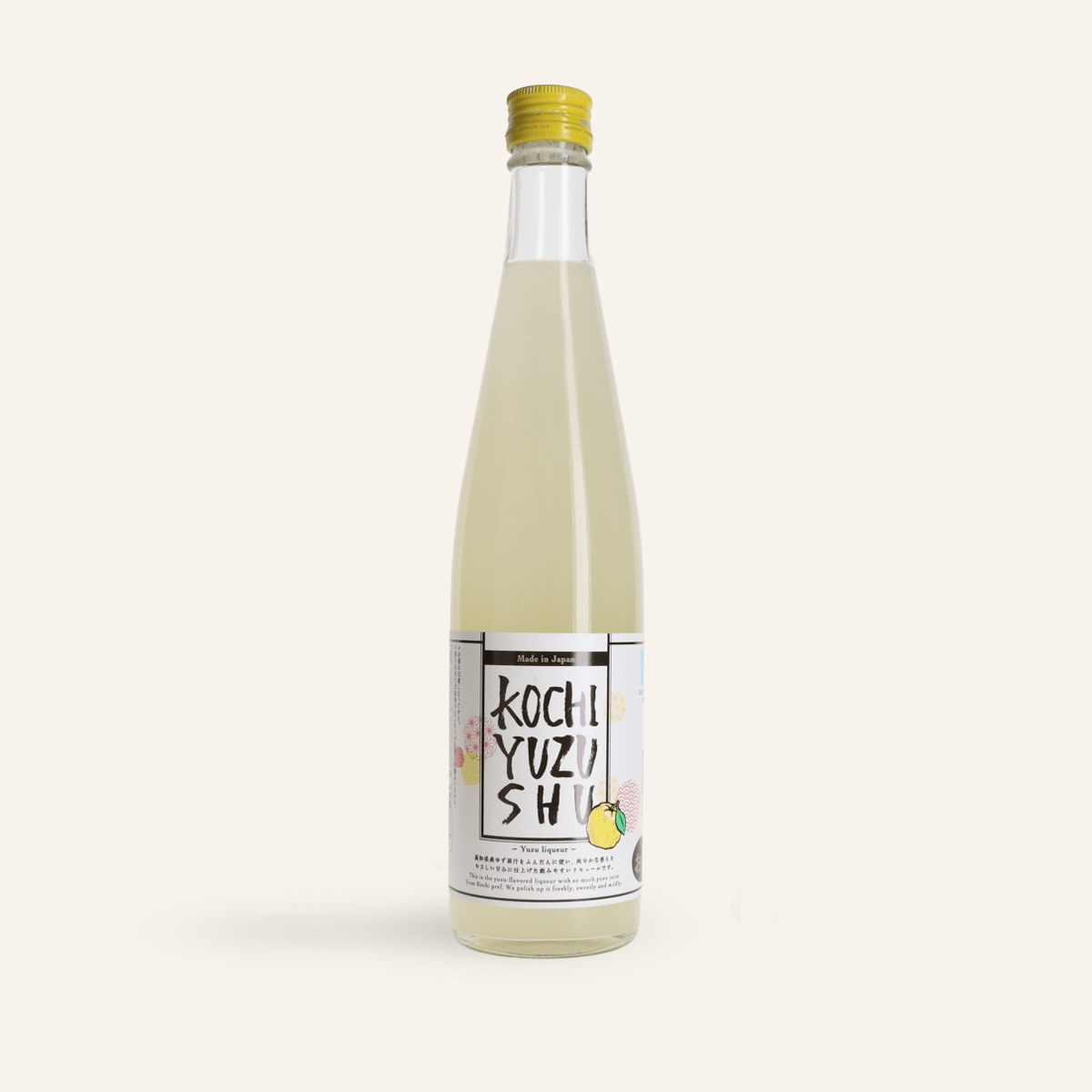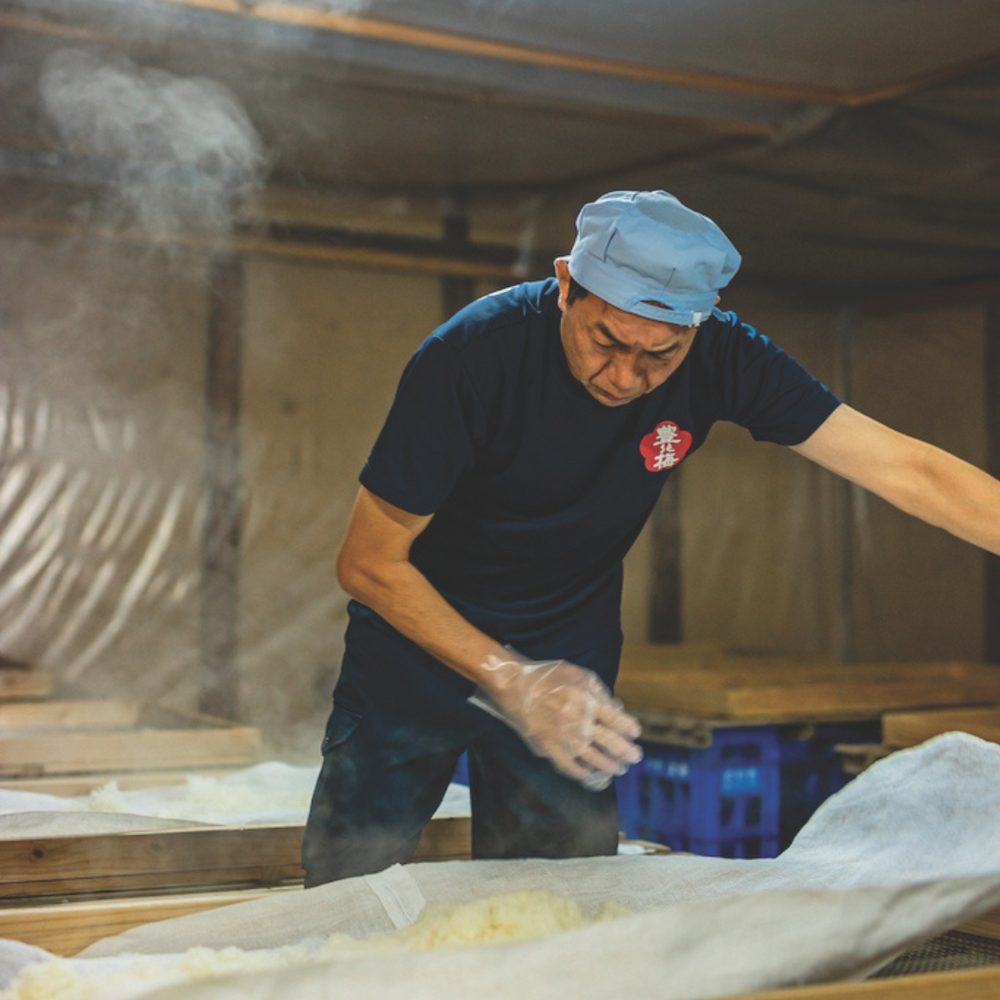
Usage
Pairing: Traditionally, it is enjoyed chilled with ice cubes as an aperitif, but yuzushu is also a very good cocktail base. It also accompanies meals, particularly meat dishes such as grilled yakiniku, fried foods, or Chinese cuisine. It is enjoyed with fresh cheeses, lemon cheesecake, or pearl salad with chopped yuzu leaves. Mixed with ginjo sake, it will gain strength and be more full-bodied. Combined with a few yuzu peels, it will have an even fresher citrus flavor. Try adding a little to your black tea; it's delicious! Finally, consider using it at the end of a meal like a limoncello, alone or over ice, for example.
Serving temperature: Chilled (10°-12°)
Alcohol is dangerous for health, to be consumed with moderation. Alcohol should not be consumed by pregnant women. The sale of alcohol is prohibited to minors. You certify that you have the legal age required and the legal capacity to purchase on this Internet site.
Alcohol is dangerous for health, to be consumed with moderation. Alcohol should not be consumed by pregnant women. The sale of alcohol is prohibited to minors. You certify that you have the legal age required and the legal capacity to purchase on this Internet site.
Drinks
Cocktails
























